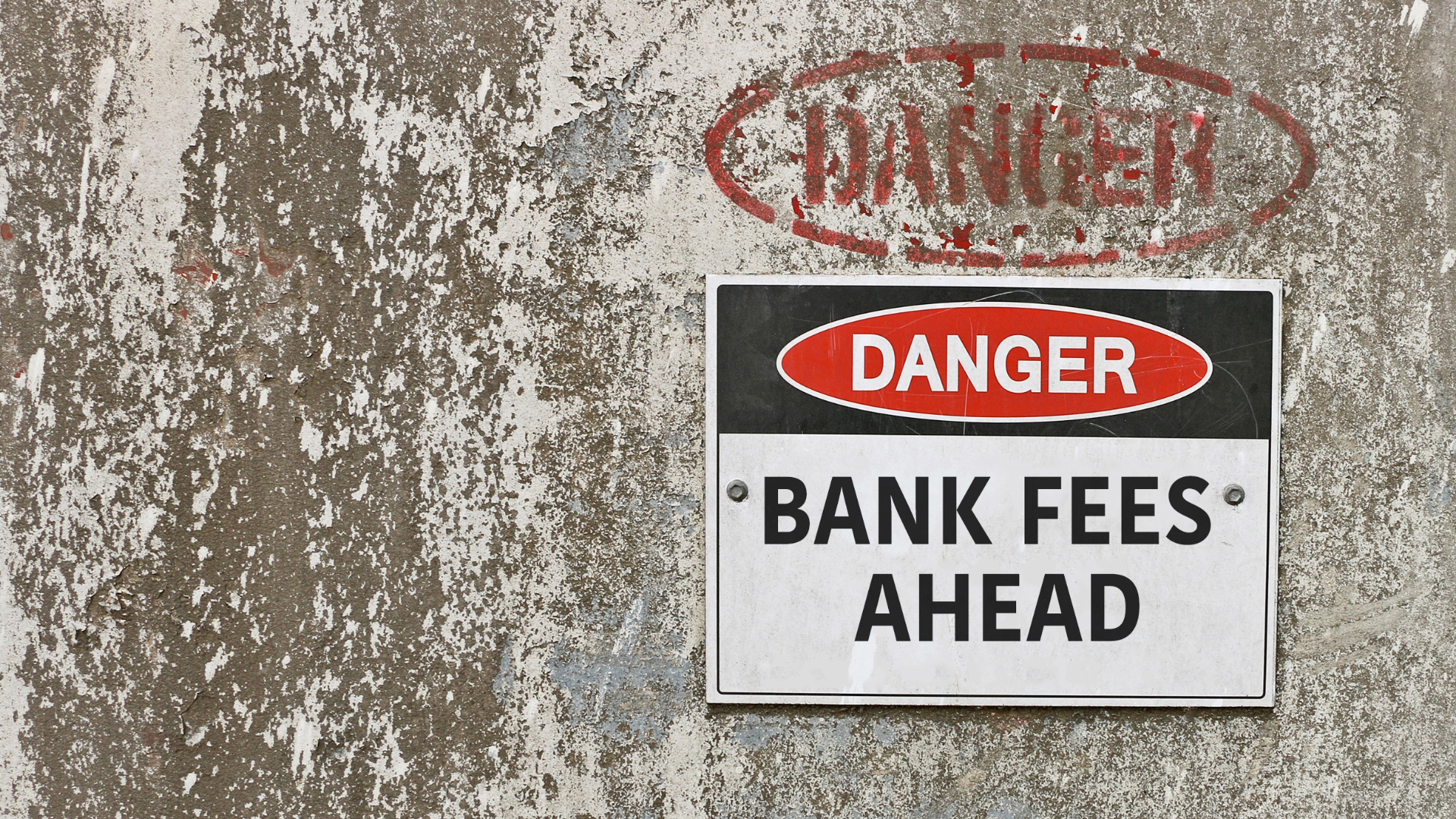Introduction: The Rising Cost of Overdraft Fees
Overdraft fees have long been a major source of revenue for banks—and a financial burden for consumers. Some banks charge $35 or more per overdraft, leading to a cycle of fees that can drain accounts quickly. But regulations and class action lawsuits are pushing back against unfair overdraft practices.
If you’ve been hit with overdraft fees, here’s what you need to know about your rights, banking rules, and how to fight back against unfair charges.
1. How Overdraft Fees Work (and Why They’re So Profitable for Banks)
Overdraft fees occur when a bank approves a transaction that exceeds your account balance, then charges a fee for covering the shortfall. Banks make billions from these fees, which can:
✅ Be charged multiple times per day – Some banks charge separate overdraft fees for each transaction. ✅ Include extended overdraft fees – If you don’t repay quickly, banks may add extra charges. ✅ Apply even if you opt out – Some banks still charge fees under deceptive “courtesy” programs.
💡 Overdraft fees disproportionately affect low-income consumers, making them a target for financial reform.
2. Are Overdraft Fees Legal? Banking Regulations and Consumer Rights
Many banks have been accused of deceptive overdraft practices, leading to class action lawsuits and consumer protection rules. Some key protections include:
✅ Regulations on “reordering transactions” – Banks cannot manipulate the order of transactions to trigger multiple overdraft fees. ✅ Limits on daily overdraft fees – Some banks now cap fees at one per day. ✅ Transparency requirements – Banks must clearly disclose overdraft terms. ✅ More banks eliminating overdraft fees – Some financial institutions have phased out overdraft fees entirely.
💡 If your bank is still charging excessive overdraft fees, you may be eligible for a refund or legal action.
3. Common Overdraft Fee Scams & Unfair Practices
Some banks use questionable tactics to maximize overdraft fees. Watch out for these red flags:
🚨 Reordering Transactions – Banks process larger transactions first to drain your balance faster, causing multiple overdraft fees. 🚨 Misleading Overdraft “Protection” – Some banks enroll customers in overdraft programs without clear consent. 🚨 Charging Fees on Pending Transactions – Banks may apply overdraft fees before a transaction is fully processed. 🚨 “Authorize and Decline” Schemes – Some banks approve a transaction then retroactively decline it to charge an overdraft fee.
💡 If you’ve been hit with unfair overdraft fees, you may be able to dispute them or take legal action.
4. How to Get an Overdraft Fee Refund
If you’ve been charged an overdraft fee, follow these steps to request a refund:
✔️ Call your bank’s customer service – Many banks will waive one or two overdraft fees upon request. ✔️ Explain the situation – If the fee was unfair or caused by delayed deposits, ask for a refund. ✔️ Mention consumer protection laws – If your bank engaged in an illegal overdraft practice, they may remove the fee. ✔️ File a complaint – If the bank refuses, report them to the Consumer Financial Protection Bureau (CFPB). ✔️ Dispute the charge with your credit union or state agency – Many state banking regulators help consumers fight unfair fees.
💡 Banks are more likely to refund fees if you catch them quickly—don’t wait too long to dispute the charge.
5. Class Action Lawsuits Against Banks for Overdraft Fees
Consumers have successfully sued banks for deceptive overdraft practices, leading to millions in settlements. Some of the most common legal claims include:
✅ Unfair reordering of transactions – Banks manipulating transactions to maximize fees. ✅ Failure to disclose overdraft terms – Hidden policies leading to surprise fees. ✅ Misleading overdraft protection programs – Banks enrolling customers without consent. ✅ Unlawful extended overdraft fees – Extra fees added unfairly over time.
How to Start an Investigation
✔️ Fill out the form on this page – We are investigating overdraft cases against major banks. ✔️ Gather documentation – Keep records of overdraft charges and any disputes with the bank.
6. How to Avoid Overdraft Fees Entirely
To protect yourself from overdraft fees, consider these strategies:
🔹 Opt out of overdraft protection – Your bank will decline transactions instead of charging a fee. 🔹 Set up account alerts – Get notified when your balance is low. 🔹 Use a bank with no overdraft fees – Some financial institutions have eliminated these fees. 🔹 Link a savings account – Some banks allow overdraft transfers from a linked savings account with no fees. 🔹 Use budgeting apps – Tools like Mint and YNAB help track spending and prevent overdrafts.
💡 More banks are eliminating overdraft fees, so it may be worth switching to a consumer-friendly institution.
Final Thoughts: Know Your Rights & Fight Back Against Unfair Overdraft Fees
Overdraft fees can drain your finances, but consumer protection laws and legal actions are holding banks accountable. If you’ve been charged an unfair overdraft fee:
✔️ Ask for a refund immediately. ✔️ Report deceptive practices. ✔️ Join a class action lawsuit if available. ✔️ Consider switching to a bank with no overdraft fees.
🚀 Need legal help? If you’ve been hit with unfair overdraft fees, our consumer protection attorneys can help. Contact us today for a free consultation.
Disclaimer: The information provided in this blog post is for general informational purposes only and does not constitute legal advice. Reading this post does not create an attorney-client relationship between you and Sauder Schelkopf. Laws vary by jurisdiction, and the application of law depends on individual circumstances. You should not act or rely on any information in this post without seeking professional legal counsel. If you need legal assistance, please contact a qualified attorney to discuss your specific situation.
